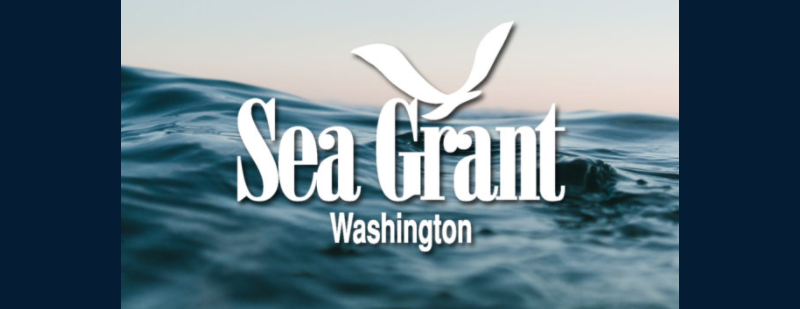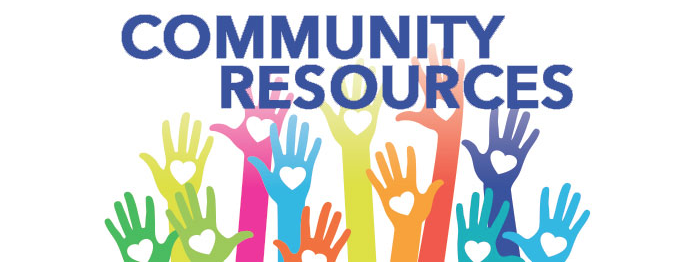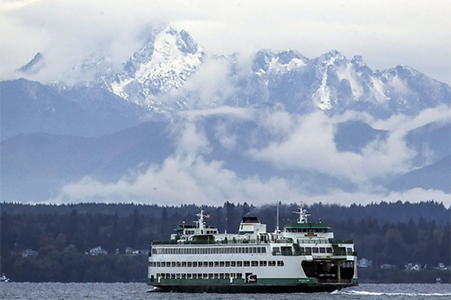||| FROM WASHINGTON SEA GRANT |||
SEATTLE — From tribal fishermen exercising their treaty fishing rights to oyster farmers in south Puget Sound, seafood harvesting and aquaculture are vital to Pacific Northwest culture and commerce. However, forces including climate change, ocean acidification and coastal development threaten these sources of sustenance and tradition. Restorative aquaculture — that is, sustainable ocean farming practices designed to benefit nature and people — can help reduce the impacts of environmental change while sustaining the livelihoods and cultures of the local communities that depend on living marine resources.
Over the past few years, Washington Sea Grant (WSG) has supported two areas of aquaculture that potentially have significant restorative effects: seaweed farming and reviving traditional Indigenous mariculture practices. With a new grant of $400,000 from The Builders Initiative, WSG will further its reach in both of these spheres.
“Washington Sea Grant has been dedicated to environmentally sustainable aquaculture that supports communities in Washington and beyond for more than 50 years,” says Russell Callender, WSG director. “This partnership with The Builders Initiative around the broad topic of restorative aquaculture will help equip WSG and our collaborators in building upon the vital momentum already underway and assist in responding to the shared urgency to create local solutions to the challenges of climate change, ocean equity, food security and well-being.”
Learn more about the two areas of work that will be supported by this grant:
Cross-Pacific Indigenous Aquaculture Collaborative
In 2019, with seed funding from NOAA Sea Grant and partner matching resources, WSG convened the Cross-Pacific Indigenous Aquaculture Collaborative, which is a “community of practice” with Tribes, First Nations and Native communities and partners across Washington, British Columbia, Alaska, Hawaii and other places in the Pacific basin. Indigenous aquaculture practices are cultivated biocultural ecosystems based on Indigenous knowledge and observations of land and water, developed over generations in reciprocal relationships with places. A few examples of biocultural systems from the Northwest are clam gardens; reef net salmon fishing and selective harvesting; and cultivated oyster beds and diking systems. These diverse systems have been honed over thousands of years with the purpose to create integrated and sustainable habitats for producing customary foods, as well as spaces that give context to spiritual, social and family connections, and cultural and ethical practices.
The Indigenous Aquaculture Collaborative works to support the revitalization and restoration of ancestral mariculture and coastal stewardship across the Northwest region and the wider Pacific basin. These practices are important not only for enhancing food systems and food sovereignty, but also for deepening connections to the land and ocean, providing living classrooms for passing down generational knowledge, empowering greater self-determination in resource management and stewardship, and creating just pathways for climate adaptation rooted in Indigenous knowledge, values, and practices.
The Builders Initiative funding will be used to help meet three goals of the Indigenous Aquaculture Collaborative: developing a vision for the next 5-10 years; maintaining the community of practice; and communicating the diversity of Indigenous aquaculture systems to public audiences.
Advancing Seaweed Aquaculture
Motivated by growing interest in seaweed farming in Washington, WSG secured a 2019 NOAA Sea Grant two-year aquaculture award to partner with Puget Sound Restoration Fund (PSRF) and others to train and assist prospective Washington seaweed farmers. On the final day of WSG’s February 2020 intensive seaweed culture training, the roomful of enthusiastic participants spontaneously resolved to form a community of practice. Now known as the Washington Seaweed Collaborative, this informal network of over 120 members is committed to supporting the cultivation and stewardship of seaweed for commercial, cultural and environmental purposes. Given the substantial level of engagement in the Seaweed Collaborative by Tribes, state and federal agencies, conservation groups and local aquaculture practitioners, this community has real potential to advance regenerative seaweed aquaculture in the Pacific Northwest.
WSG continues to receive weekly requests for guidance from people seeking to cultivate seaweed for harvest and environmental restoration. One of WSG’s roles is to provide science-based information about possible ecosystem benefits and impacts of seaweed farming, regulatory and social concerns, and potential market prospects for seaweed-based products and ecosystem services. The Builders Initiative funding will allow for the invigoration of the Seaweed Collaborative over the next two years as WSG works with partners to develop a long-term sustainability plan. The funding will also enable WSG to pursue a free in-person Seaweed Science Symposium offering learning, discussions and networking opportunities for approximately 300 constituents.
Washington Sea Grant, based at the University of Washington, helps people and marine life thrive through research, technical expertise and education supporting the responsible use and conservation of coastal ecosystems. The National Sea Grant College Program is part of the National Oceanic and Atmospheric Administration, U.S. Department of Commerce. www.wsg.washington.edu.
Join the conversation: @WASeaGrant and Facebook.com/WaSeaGrant.
**If you are reading theOrcasonian for free, thank your fellow islanders. If you would like to support theOrcasonian CLICK HERE to set your modestly-priced, voluntary subscription. Otherwise, no worries; we’re happy to share with you.**







